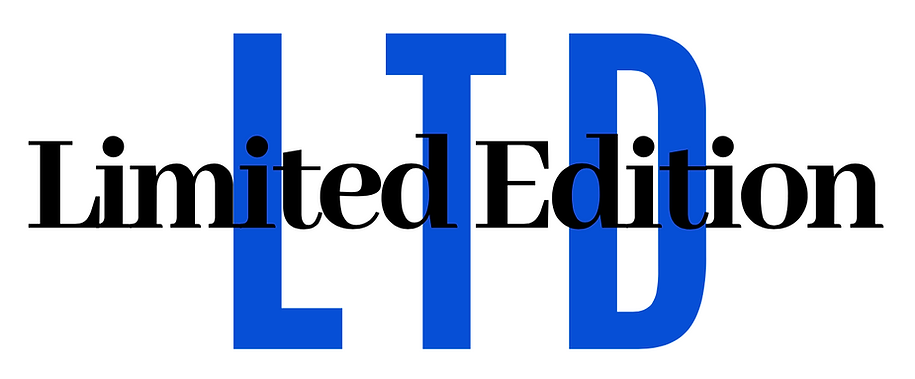Are French and English Canadians Finally Getting Along?
- Nicole Dirks
- Feb 6, 2019
- 3 min read

In the humble beginnings of TFS, the school’s upgrade from a single basement classroom in 1962 to the building we now recognize as the p’tite école was rooted in what still sets it apart today: a bilingual education. Throughout our schooling, we, as students, become friends with both native French and English-speaking students. We mix up English and French words fluidly to create what we call “franglais”. However, is this seamless integration widespread in Canada?
Many Canadians are aware of the major events in the history of the French and English Canadian conflict. We learn in history class that Canada’s 200 year-long existence as a French colony was disrupted in 1763 by Great Britain’s victory in the Seven Years’ War. We analyze propaganda posters from World War I encouraging French-Canadians to enlist before the 1917 conscription required them to do so, a law met by fierce opposition in Quebec. Learning about the Québec sovereignty movement in the 1960’s, we analyze Michèle Lalonde’s poem “Speak White” criticizing a popular racist slur from the time, used by English Canadians toward French Canadians.
So what about the status of the division today?
While much of the hostility on both French and English sides from the past have subsided, tensions remain, summarized by Dan Bilefsky in a New York Times article on Montreal as a lingering “Berlin Wall of the mind.” As French Canadians’ push for self-determination fades, linguistic politics and French-language rights have emerged as points of contention.
“It is taboo to talk about the two solitudes, because we are supposed to pretend that we all get along when we are, in many ways, still separate,” explained Heather O’Neill, an anglophone author in Montréal. Legislation now requires Quebec shopkeepers to greet customers with “Bonjour” instead of “Bonjour-hi”. Many Montreal stop signs are vandalized by partially covering the English “STOP” to leave the numbers “101” below “ARRÊT”, a reference to Bill 101, establishing French in 1977 as the official language of the provincial government.

In October, the Coalition Avenir Québec Party won the federal government majority, marking a departure from separatism with the Parti Québecois losing official party status, as CAQ leader Legault promotes a “stronger Quebec within Canada.” However, the government’s focus, to reinforce the province’s francophone identity, has resulted a a fixation on changing immigration and minority policy. Most controversially, immediately after election, Premier François Legault proposed a ban on religious symbols in the workplace.
Meanwhile, in Ontario, Doug Ford’s “betrayal [taking] the form of the cancellation of the long-awaited project for a French-language university in Toronto” sparked outrage amongst franco-ontarians, according to an article from The Huffington Post. While we can argue that the school would be a waste of money, as Doug Ford has, given there may be alternative options within the current education system for French Canadians, representing only 5% of Ontarians, the government’s decision represents more broadly a neglect to consider the asks of Canada’s largest minority. Also, the merits of a primarily French-language institution can be applied to a reason why TFS has grown as a primarily French-language institution: beyond TFS’ quality of education, for endogamous or exogamous francophone couples in the GTA, it allows for French to be a part of the lives of their children.
As put by Theory of Knowledge teacher Mr. Mott, “For the French Ontarians, it’s not about money, it’s not about the curriculum, it’s about belief.” TFS may not have been economically advantageous in its early days, but maybe the school’s repeated advertisement of an “international perspective” makes a good point. Canada is not only composed of anglophones, nor is Quebec purely a francophone province, a reality that renders conflict inevitable, but compromise necessary.

Komentáře